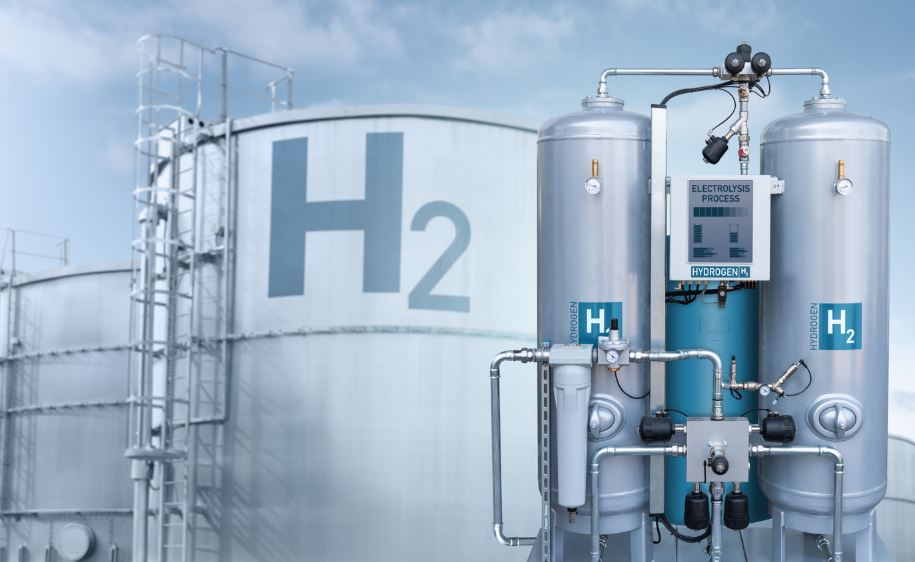EnBW (Energie Baden-Württemberg AG) has taken a definitive step by investing €1.6 billion in converting its power plants from coal to hydrogen-ready facilities. This significant capital commitment underlines the energy company’s dedication to future-proofing its operations in Stuttgart-Münster and eventually in Altbach/Deizisau and Heilbronn, against the backdrop of Germany’s ambitious carbon emission reduction goals.
Current operations at the Stuttgart-Münster site rely primarily on coal and waste-fired boilers, producing electricity and heating. EnBW, through careful planning over three years and anticipated construction over an additional two, is maneuvering towards a configuration utilizing hydrogen-ready turbines sourced from Siemens. This transition is critical not only from an environmental standpoint but for ensuring stable and reliable energy production. The introduction of hydrogen-ready plants is anticipated to yield an electrical capacity of 124 MW and a thermal capacity of 370 MW, crucial for providing heating to 28,500 homes, alongside 1,400 businesses and 380 public facilities in the area.
The shift is part of a broader strategy to integrate more renewable sources into EnBW’s energy generation portfolio. With renewables constituting 59% of its current installed capacity, the corporation aims to mitigate the inherent unpredictability of renewable energy through advancements in hydrogen technology. CEO Georg Stamatelopoulos has highlighted the essential role that government policy and financial frameworks will play in facilitating this energy shift. The argument for regulatory incentives is strong, citing the challenges private enterprises face in shouldering the financial burden of such large-scale energy transformations independently.
Furthermore, EnBW’s ambitions are bound by technological and supply chain contingencies. As noted by Chief Operating Officer Peter Heydecker, the ultimate goal extends to transitioning to fully hydrogen-powered plants by the mid-2030s, conditional on the availability of low-carbon hydrogen at required scales. Currently, the first step is the transition from coal and oil to natural gas, which itself offers a roughly 50% reduction in carbon emissions. These interim phases underscore the pragmatic approach EnBW is adopting in response to the evolving landscape of energy production and climate policies.
This proactive conversion by EnBW is not merely an isolated effort but part of a broader national push towards hydrogen as an integral piece of the energy transition puzzle within Germany. The implications of successful hydrogen integration extend beyond environmental benefits, potentially bolstering economic sectors linked to innovative energy technologies. Overall, as the company navigates the technical and financial complexities of this transformation, it sets a precedent in both operational innovation and strategic alignment with environmental goals.
